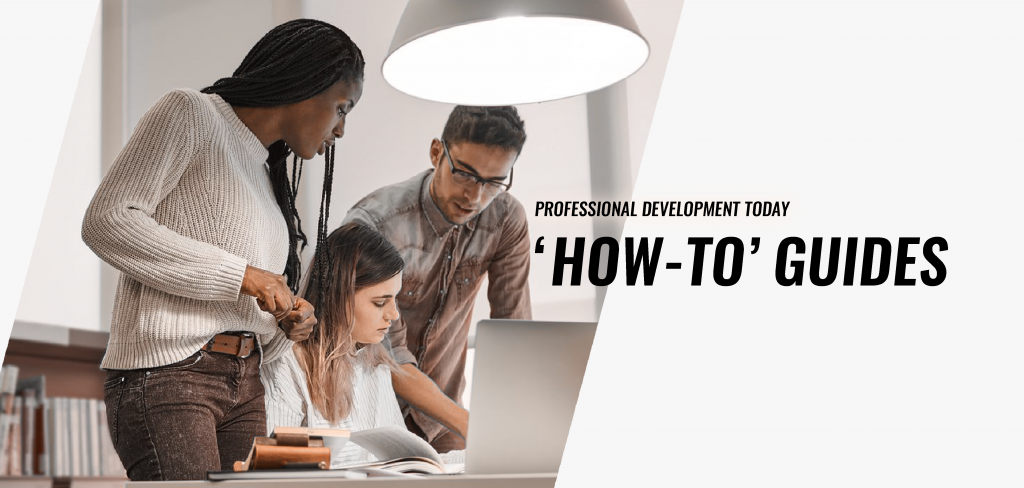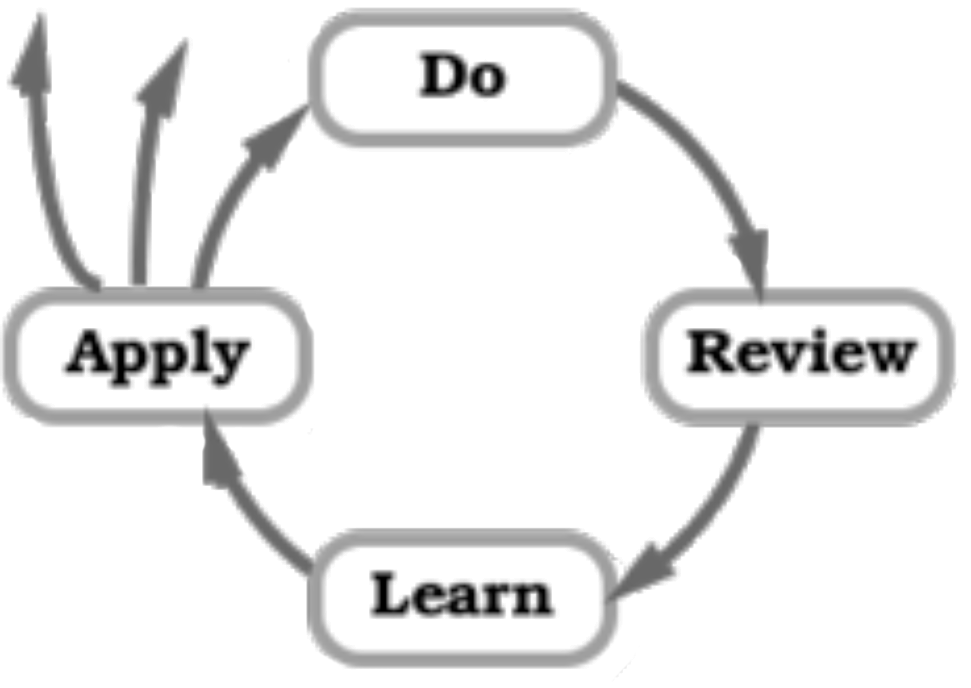
Phase one: identifying and fostering effective learning
There are many views around about what constitutes an effective learner. Many of them do not stand up to the evidence (see publication: Effective Learning Watkins, 2002. https://core.ac.uk/download/pdf/83041.pdf). Briefly, an effective learner is someone who knows (and acts accordingly) that:
it’s their actions which are crucial for their learning;
- interaction with colleagues can be a key process in their learning;
- they can plan monitor and regulate their learning.
These headings create the first three of four for effective classroom learning:
- active
- collaborative
- learner-driven
These will be elaborated below, but with only a brief introduction I find these three have a high degree of match with teachers’ best experiences of classroom learning (see photos of beginner teachers, experienced teachers, headteachers and inspectors at chriswatkins.net/key-issues).
Active
This does not mean more activity for its own sake! It means learning from activity through another active cycle:

So after the doing, we talk it through, either to ourselves (that’s called “thinking”) or with others, and then make meaning of the experience and the key events, and thinking forward to other situations. This process can be applied to a wide range of activities which can promote learning, including reading and writing.